
Crafting Your Vision: Trusted Contractors for Your Dream Project
A GREAT JOB FOR A GREAT PRICE!
Small Call to Action Headline
About Us
Welcome to JB Contractors, a leading name in the construction industry in Philadelphia since our establishment in 2015. JB Contractors has rapidly become a respected name in the construction industry in the city of Brotherly Love, offering a wide range of specialized services to meet our clients' diverse needs. With a strong focus on excellence and customer satisfaction, we have built a reputation for delivering superior craftsmanship and unmatched expertise in every project. Our core services include waterproofing, where we use advanced techniques and high-quality materials to safeguard properties from water damage. Foundation repair is another area of expertise, where we ensure the structural integrity of properties through expert diagnosis and repair. Humidity and mold control are critical for maintaining a safe and healthy living environment, and our team is skilled in controlling humidity levels and eliminating mold growth. Shoring services are also available to provide temporary support to structures during construction or renovation. Full demolition services are offered with strict adherence to safety protocols. Additionally, our masonry work is of the highest quality, whether it involves repairs or new constructions. All cleaning solutions are provided to ensure properties are clean and debris-free after construction or renovation work. Basement excavation services help create additional space, and our concrete work is known for its durability and quality. Underpinning services are also available to strengthen and stabilize existing foundations. At JB Contractors, we are dedicated to delivering exceptional results and surpassing our clients' expectations.
Contact us today to discover how we can assist with your next construction project.
Services We Provide
Water Proofing
Waterproofing can be done on various parts of the house, including the foundation, basement, walls, roof, and even decks or balconies. The methods used depend on the specific area being treated and the severity of the water issue.Common waterproofing techniques include the application of sealants, membranes, and coatings. These materials create a barrier that prevents water from seeping through. Additionally, proper drainage systems, such as gutters and downspouts, are essential to directing water away from the house.
Foundation Repair
Foundation repair is a critical aspect of maintaining the structural integrity of a house. Key signs of foundation issues include cracks in walls, uneven floors, and doors or windows that stick. Repair methods vary depending on the type and extent of damage but can include underpinning, which involves strengthening the foundation by placing supports beneath it. Other techniques include mudjacking, where a cement slurry is pumped under the foundation to lift it, and piering, which involves driving pilings into the ground to stabilize the foundation. It's essential to address foundation issues promptly to prevent further damage and maintain the safety and stability of the structure.
Humidity & Mold Control
Humidity and mold control in a house are essential for maintaining a healthy indoor environment and preventing structural damage. Proper ventilation, including the use of exhaust fans in bathrooms and kitchens and ensuring adequate ventilation in attics and crawl spaces, is crucial for controlling humidity levels. Dehumidifiers can be used in areas with high humidity to reduce moisture in the air. Proper insulation helps regulate temperature and reduce condensation, while air sealing prevents humid outdoor air from entering the home. Monitoring indoor humidity levels with a hygrometer and keeping them between 30-50% is important. Promptly addressing water leaks and fixing any moisture issues is crucial to preventing mold growth. If mold is present, it's essential to remediate it promptly and thoroughly. These measures collectively help control humidity levels and prevent mold growth, ensuring a healthier home environment.
Shoring
Shoring is a crucial construction technique used to provide temporary support to structures during renovation, repair, or construction. It involves the installation of supports, such as props, beams, or piles, to prevent the collapse of existing structures or excavations. Shoring is essential for maintaining the stability and safety of a building or site, especially when working in challenging conditions or on structures with compromised integrity. Proper shoring techniques require careful planning, engineering, and execution to ensure that the supports are strong enough to bear the load and are installed correctly to prevent accidents. Shoring is a critical component of construction projects, and it is essential to work with experienced professionals to ensure its proper implementation.
Full Demolition
Demolition of a house is a complex process that requires careful planning and execution. Key points to consider include obtaining necessary permits and approvals from local authorities, disconnecting utilities, such as water, gas, and electricity, and ensuring the safe removal of hazardous materials, such as asbestos. The actual demolition process involves either mechanical demolition using heavy machinery like excavators or manual demolition using tools like sledgehammers. Proper waste management is crucial, including sorting and recycling materials where possible. Site cleanup and restoration are also important to ensure the area is safe and ready for future construction or development. Throughout the process, safety precautions must be followed to protect workers and the surrounding environment.
Masonry
Masonry is a key element in the construction and maintenance of houses, providing strength, durability, and aesthetic appeal. It involves the use of materials such as bricks, stones, or concrete blocks to build walls, chimneys, fireplaces, and other structures. Key points in masonry include proper foundation preparation, which ensures stability and longevity, and skilled craftsmanship in laying bricks or stones to create a strong and visually pleasing finish. Mortar, a mixture of cement, sand, and water, is used to bond the masonry units together. Proper maintenance, including repointing (replacing deteriorated mortar) and waterproofing, is crucial to protect masonry from weathering and water damage. Overall, masonry is a fundamental aspect of house construction, offering both structural integrity and aesthetic appeal.
All Cleaning
Site cleanup, garbage removal, and material hauling are essential aspects of house construction or renovation projects. After completing demolition or construction work, it's crucial to remove debris promptly to ensure a safe and clean environment. This process involves collecting and disposing of construction waste, such as broken materials, wood, metal, and other debris. Proper disposal methods must be followed to comply with local regulations and protect the environment. Additionally, hauling materials, such as gravel, sand, or building supplies, to and from the site requires careful planning and coordination. Hiring a professional cleanup and hauling service can streamline the process and ensure that the site is clean, safe, and ready for the next phase of construction or renovation.
Basement Excavation
Basement excavation is a significant undertaking that involves digging out soil to create a below-ground level space beneath a house. Key points in basement excavation include obtaining necessary permits and approvals from local authorities, conducting a survey to identify underground utilities and structures, and ensuring proper drainage to prevent water buildup. Excavation is typically done using heavy machinery, such as excavators, and requires skilled operators to avoid damage to the existing structure. The excavated soil must be carefully removed from the site, and proper safety measures, such as shoring and sloping, should be implemented to prevent cave-ins and accidents. Once the excavation is complete, the foundation can be constructed, and the basement space can be finished according to the homeowner's needs and preferences.
Concrete
Concrete is a versatile and durable material used in various aspects of house construction. It is commonly used for foundations, floors, driveways, sidewalks, and patios due to its strength and longevity. Key points in concrete work include proper preparation of the site, including excavation and grading, to ensure a stable base. The concrete mix must be properly proportioned and poured evenly to achieve the desired strength and finish. Curing is crucial to allow the concrete to harden properly and develop its full strength. Proper finishing techniques, such as smoothing and sealing, help enhance the appearance and durability of the concrete surface. Overall, concrete is a fundamental building material that plays a crucial role in the construction and longevity of a house.
Underpinning
Underpinning is a construction technique used to strengthen and stabilize the foundation of a house. It involves extending the foundation depth or width to provide additional support and prevent settlement or structural damage. Key points in underpinning include conducting a thorough assessment of the foundation to determine the extent of the problem and the appropriate underpinning method. Common underpinning methods include mass concrete underpinning, where sections of the foundation are excavated and filled with concrete, and screw pile underpinning, where steel screw piles are screwed into the ground to support the foundation. Proper engineering and construction practices are essential to ensure the underpinning is effective and does not cause further damage to the structure. Underpinning is a complex process that should be carried out by experienced professionals to ensure the stability and safety of the house.
Recent Projects
Discover our latest projects showcasing our expertise and craftsmanship in construction and renovation in residential homes, each project reflects our commitment to quality and attention to detail.
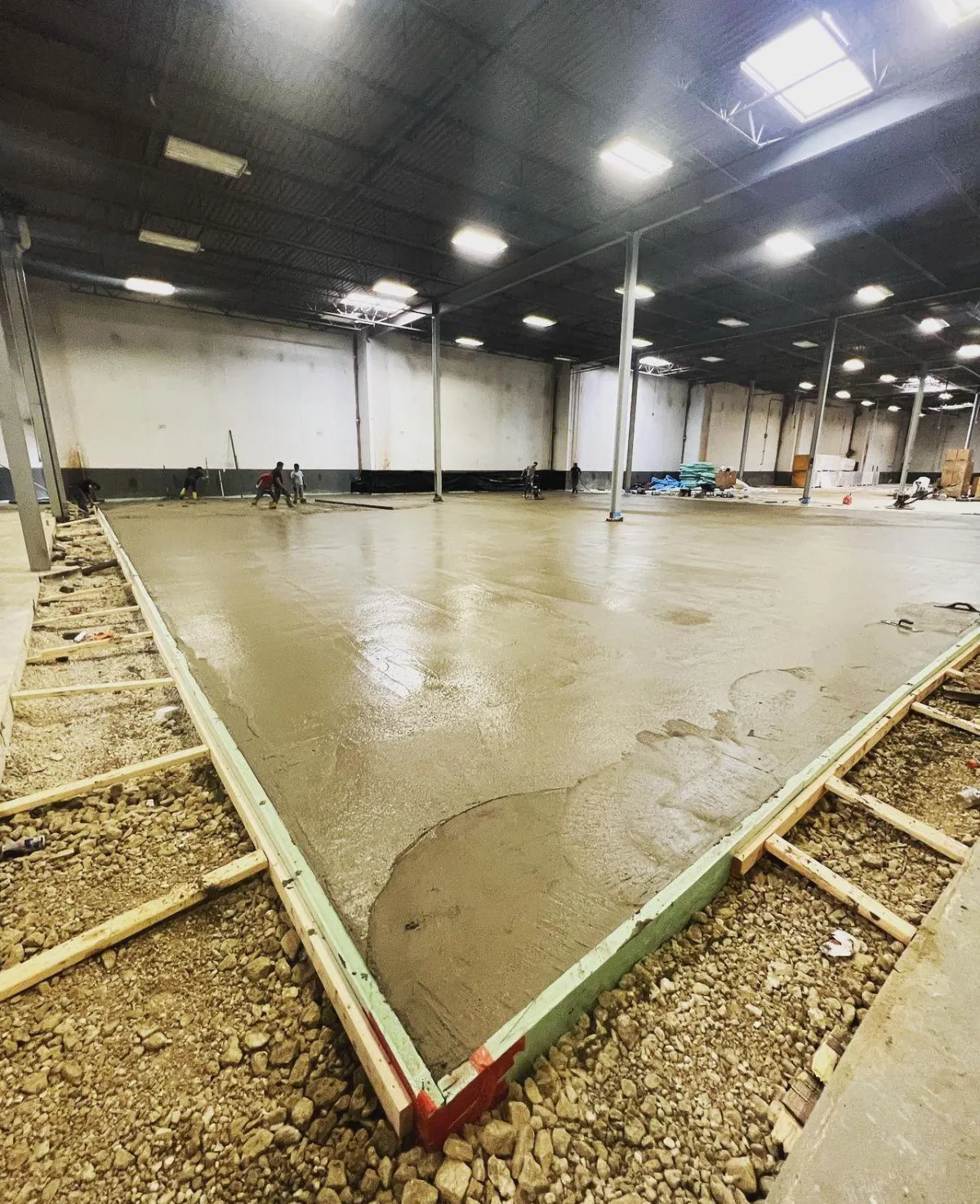
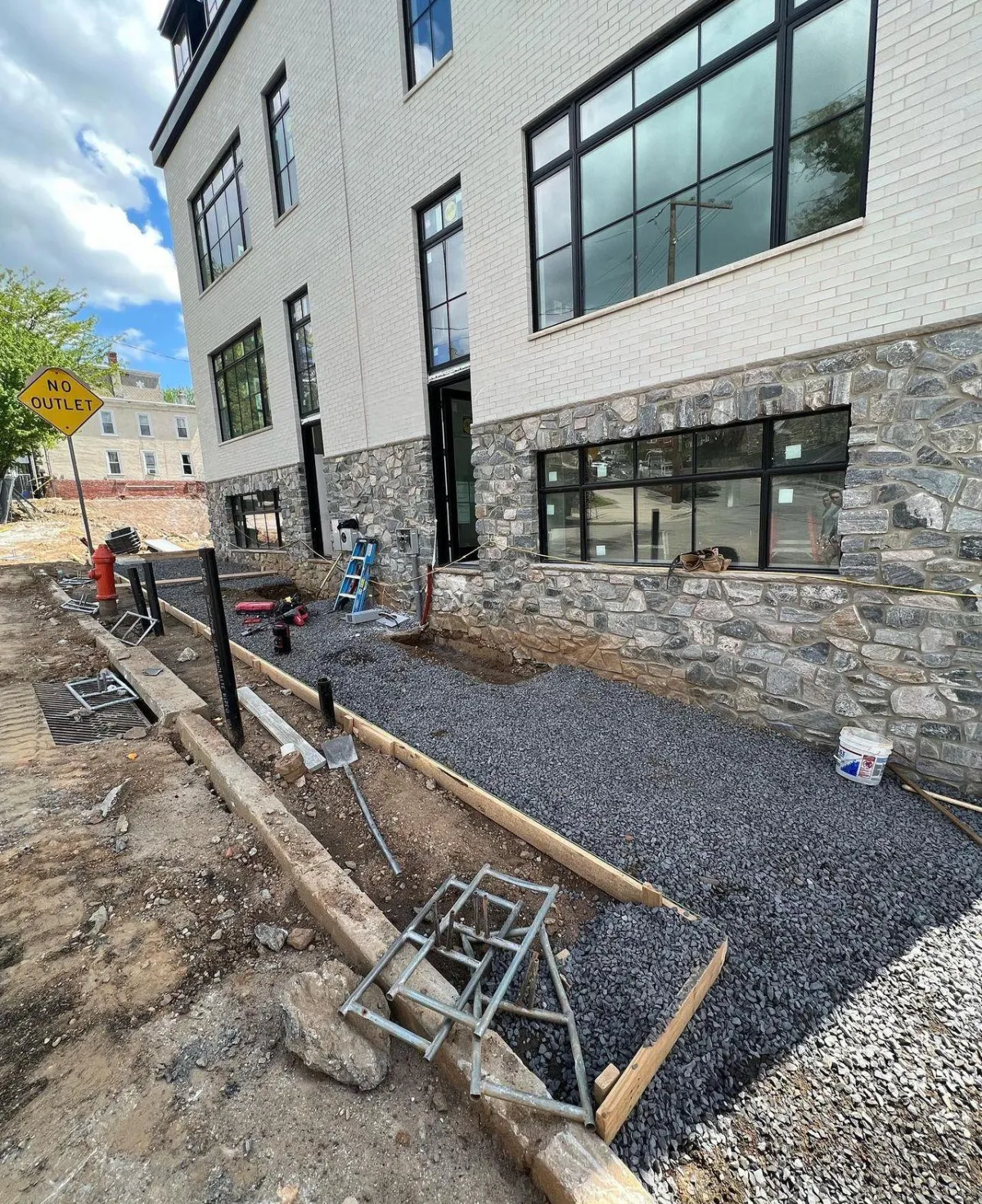
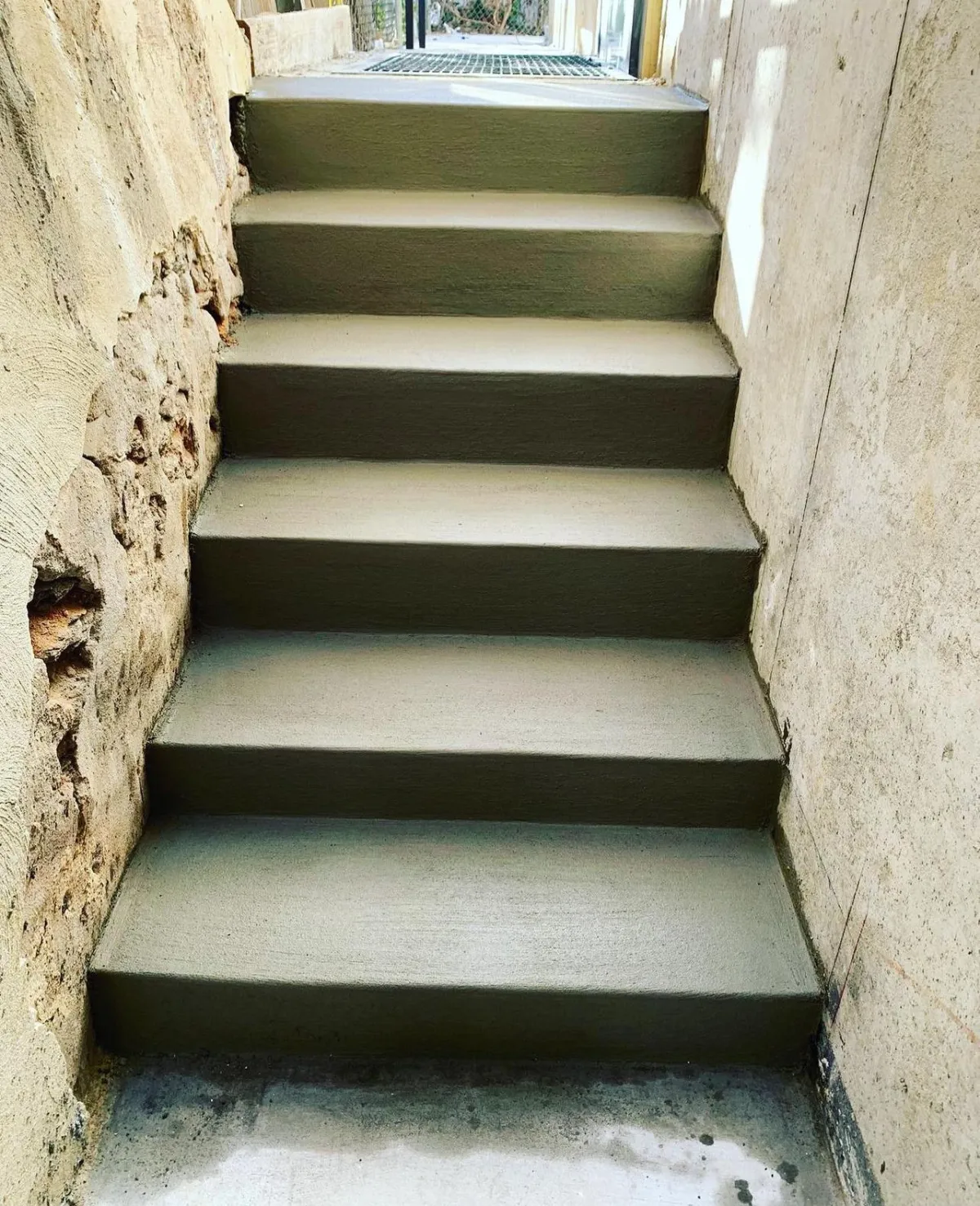
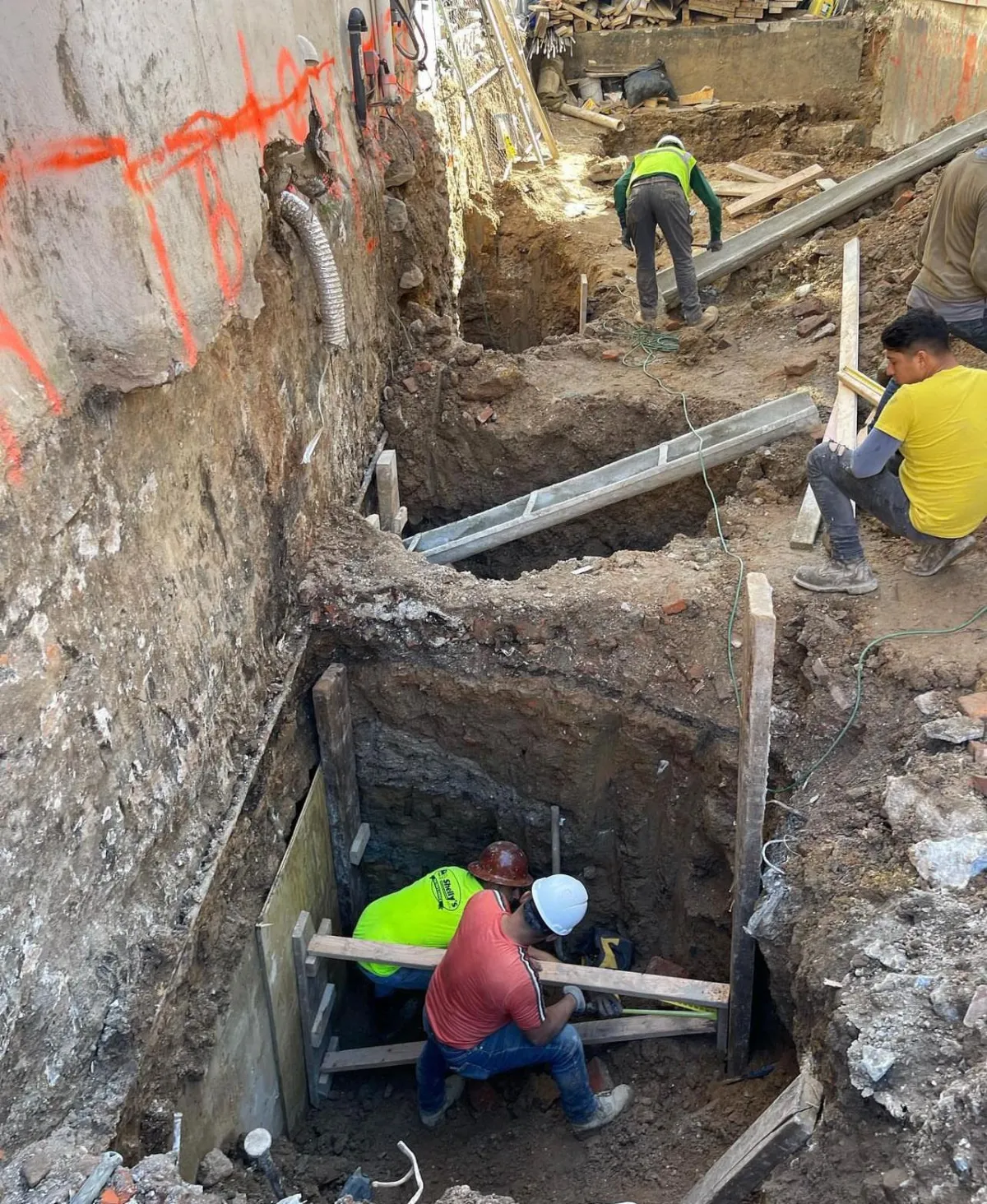
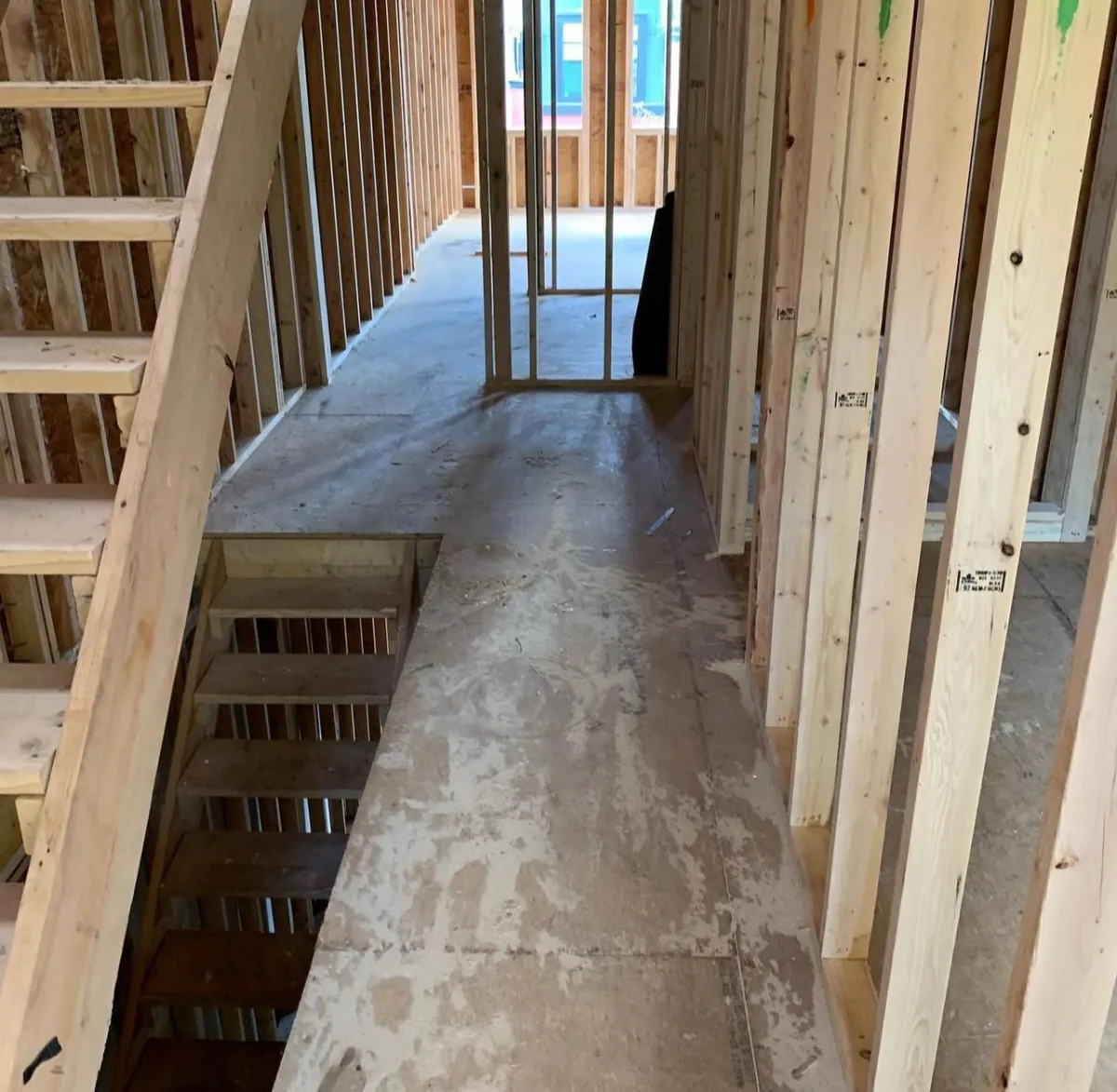
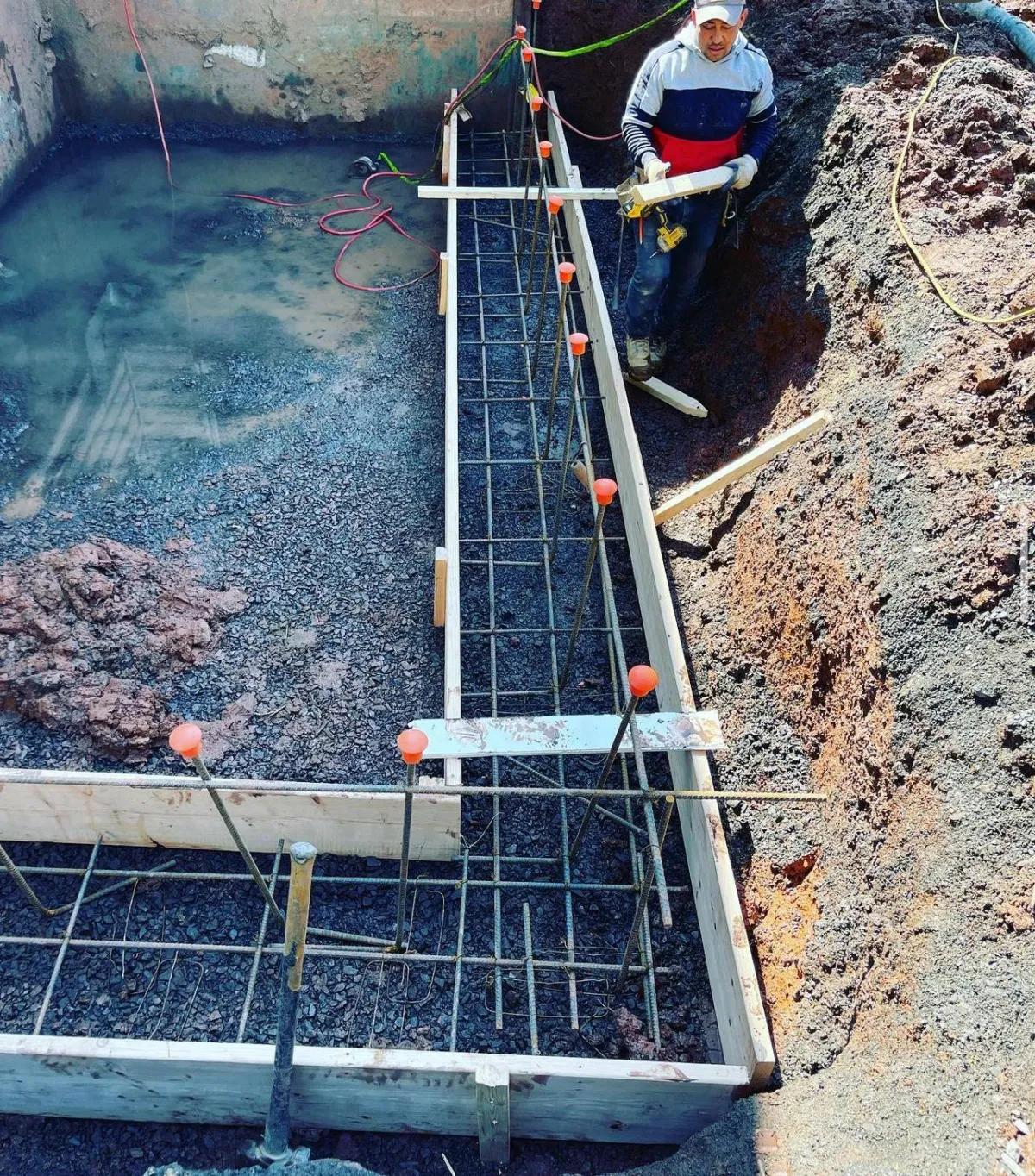
For More Daily Updates On New Projects
Connect With Us On Social Media
Get In Touch
Phone Number: (267) 262-1927
Assistance Hours
Mon – Sat 9:00am – 8:00pm


Instagram